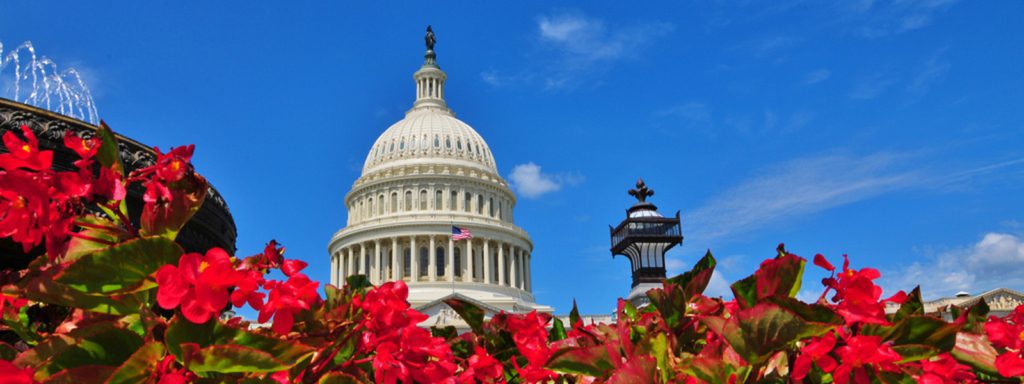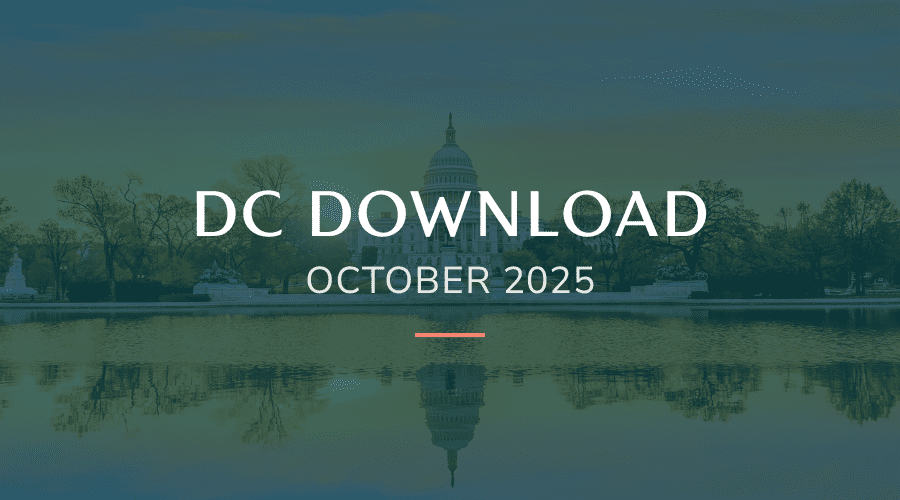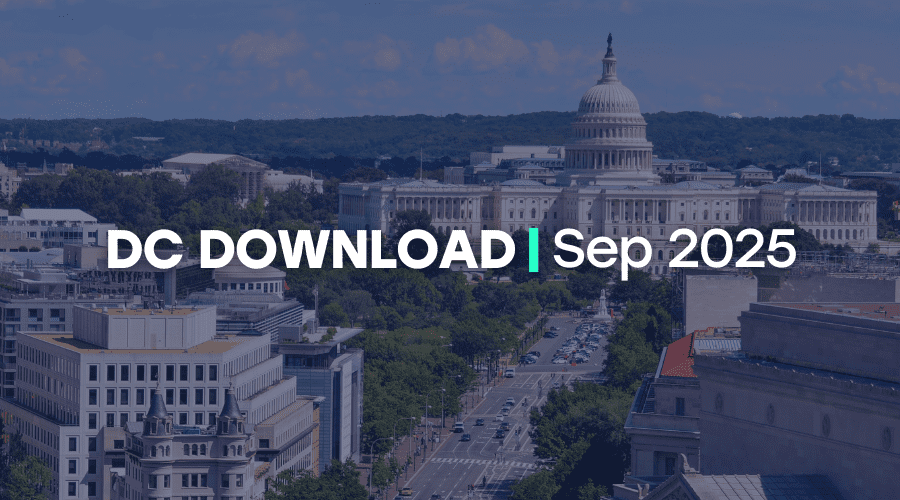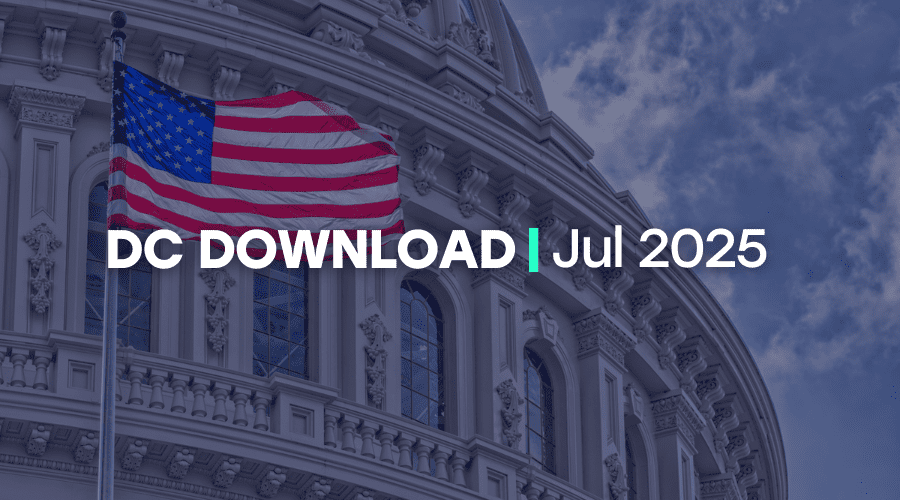While perhaps a bit over-simplified, when Independent Sector thinks about what exemplifies a healthy civil society, we think of three things: giving, volunteering, and voting.
We want people to donate their money to charities they support. We want people to give their time as volunteers. And we want people to use their voices as advocates for their cause, and, as the highest form of advocacy, we want them to vote.
Even in a civil society that is under immense strain, as ours is, we want these things to be true. And that means we must continuously work for them.
We are trying to keep these three core tenets of a healthy civil society in mind as we think about the relief bill before us and what will come in the future.
Let me provide a quick update as of Tuesday afternoon about where negotiations stand on a massive financial aid stimulus package that has huge implications for our sector and the 10% of the nation’s workforce we employ.
There is a growing optimism that movement on a bipartisan package could begin with key votes today – not likely before late this afternoon. Through these negotiations, our sector has remained consistent and insistent in our messaging that the final package should:
- Provide immediate financial assistance to all nonprofits, removing any limitations on assistance to nonprofits with more than 500 employees or nonprofits that receive Medicaid funding
- Include a universal charitable deduction to incentivize giving that is as expansive as possible; we would hope pushing far beyond the provision in the original Senate bill allowing only for deductions capped at $300.
While we have some indications that our messaging has been heard by critical legislators, we still have an extraordinary amount of work to do to get over the line. We will keep you posted, by tweet, as legislative efforts around this package evolve through the day.
Some other important things to note.
Both the House and Senate packages include assistance to ensure that potential challenges to America’s elections, posed by COVID-19, are being addressed. While the House package provides far more assistance, both take a step toward addressing the critical mechanics of absentee balloting and ensuring that in-person polling facilities meet public health guidelines. We urge lawmakers to continue their efforts to secure the mechanics of America’s voting systems against the threat of COVID-19, ensuring that all people can exercise that critical right come November.
I have also been thinking a lot about the now iconic quote from Mr. Rogers reminding us to “look for the helpers” in times of disaster which reinforces the critical role volunteerism plays, even in a time of social distancing. Across the country, national volunteer platforms and local governments are working to enable people to give their time to tackle this public health crisis. This is a time to highlight some of those efforts, and here are two of many organizations doing critical work in this area, such as IS member, VolunteerMatch, and Points of Light .
What is also clear in conversations from this week is that the ground beneath our volunteer workforce is shifting dramatically. Over the days, weeks, and months to come there will be critically important challenges facing the volunteer force, and those who rely upon them. We will need solutions to those challenges, be they policy solutions or otherwise.
We don’t know what other assistance packages might be coming after passage of the third relief bill now before the Congress. But one is likely to be coming, and when it does, we should be talking about the needs of front line volunteers, making sure they have the resources and equipment necessary to protect their own health and safety while they come to the aid of others. And, while increasing the volunteer mileage reimbursement rate may seem like a small thing, this is a time when such an increase could go a long way in reducing financial burdens on volunteers responding to the needs of the most vulnerable in our communities.
Many nonprofit leaders are expressing deep concern that the fear and isolation we are experiencing now will sever people’s connections to civil society in ways that have long-term consequences. We know giving, volunteerism and voting often function as habits and it may be difficult to get people to civically reconnect once this crisis is over. But the fear and the isolation will subside, and we will (soon, I pray) see a time when individuals start to re-engage in their communities and with one another. That’s a time we should also be focusing on now – making sure nonprofits are healthy, trusted, and well positioned in the effort to rebuild social capital in our communities.
We have good and critical work to do. We look forward to doing it together.



